On the afternoon of October 3, at the headquarters of the Ministry of Information and Communications, the September 2024 State Management Conference of the Ministry of Information and Communications took place. Minister Nguyen Manh Hung directly chaired the conference. The meeting was also attended by Deputy Minister Phan Tam, Deputy Minister Nguyen Thanh Lam, Deputy Minister Bui Hoang Phuong and leaders of agencies and units under the Ministry.
Unit heads must directly use and participate in developing virtual assistants.
Building a virtual assistant to support officials and civil servants at units within the Ministry is one of the key tasks of the Ministry of Information and Communications in 2024. Therefore, at the conference, Minister Nguyen Manh Hung spent a lot of time checking the progress and working capacity of the virtual assistant developed by the unit within the Ministry in coordination with Vietnamese technology enterprises.
From the actual inspection of the results of building a small-scale virtual assistant at the National Digital Transformation Agency, Minister Nguyen Manh Hung commented that doing something new is always difficult, hard, problematic, and misunderstanding each other, and only becomes clear after doing it. Therefore, to solve the problem of virtual assistants serving civil servants, units in the Ministry need to find ways to turn difficult things into easy things.
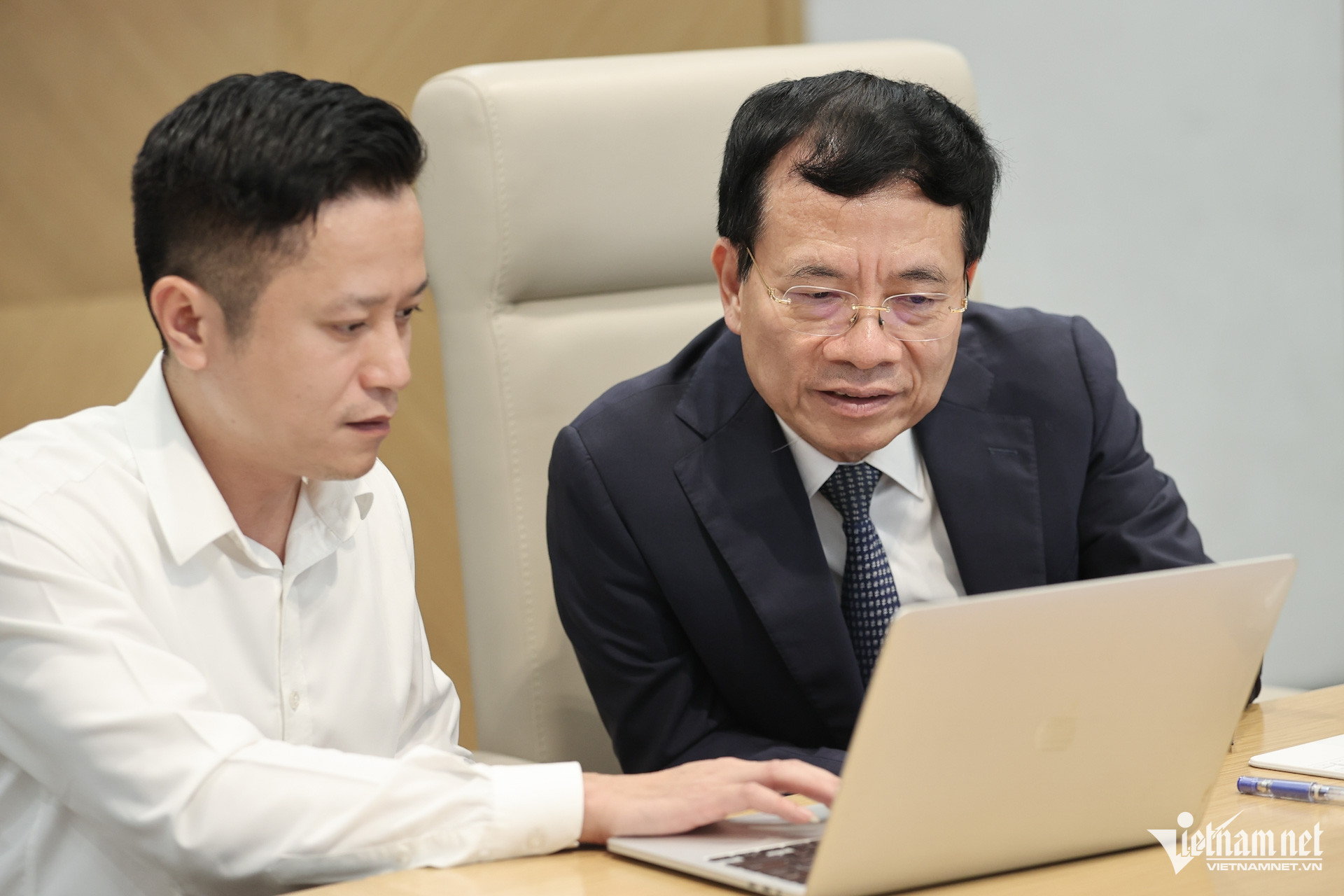
After a period of trying to make virtual assistants, many units in the Ministry said that the difficulty in building a knowledge system for virtual assistants is to ask questions that are close to real needs. Besides, creating answer data is not easy because it takes a lot of time and human resources to ensure accuracy and reliability.
In response to concerns from units, Minister Nguyen Manh Hung said that forming a knowledge system for virtual assistants is not as complicated as people think. In a simplified way, it is just a matter of finding frequently asked questions and assigning them an answer.
There are two ways to form a knowledge system, the first is to assign question data targets from the beginning, the other is to gradually form a database every day from a few questions arising during the working process. Depending on the specific context, units can choose between these two methods as appropriate.
For the preparation of response data, unit heads need to issue a document assigning tasks from the specialist level, along with clear binding on legal responsibilities. For responses citing one or more documents, the Minister noted that there should be a note from the person preparing the response so that the approval level can quickly grasp it.
According to Minister Nguyen Manh Hung, the development of virtual assistants aims to solve the problem of the quality of civil servants. The support of virtual assistants will also help civil servants better implement legal procedures and regulations, avoiding unfortunate "accidents".
To solve the virtual assistant problem, the Minister requires heads of units in the Ministry to directly use and master virtual assistants. This is the way to help develop virtual assistants faster, better, and more practically.
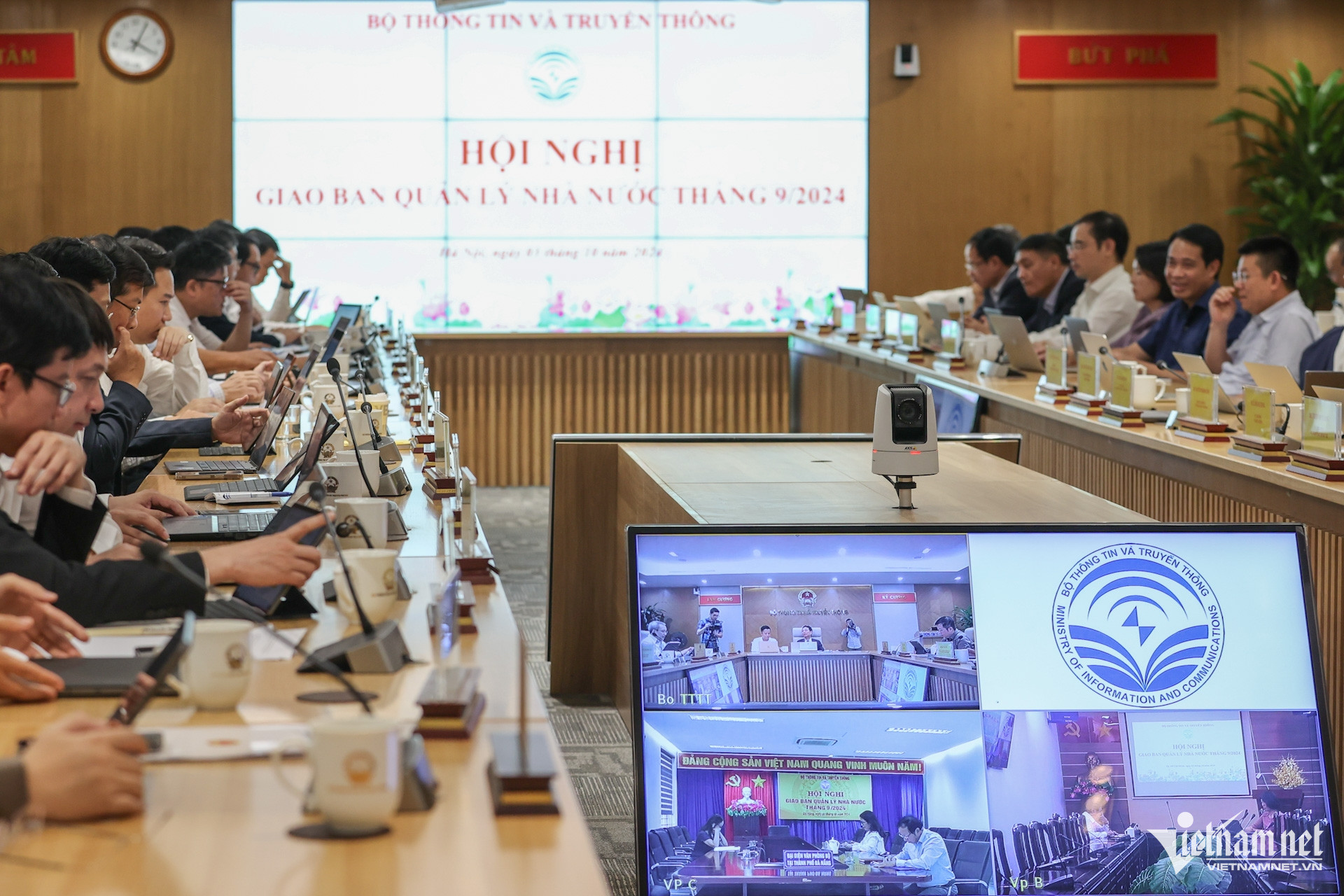
New lessons from the homeland of technology giant Nokia
At the meeting, Minister Nguyen Manh Hung shared many lessons learned from his working trip to Finland.
Finland is a country with a population of about 5.6 million people, belonging to the “large state sector”, famous for its government apparatus accounting for 5-6% of the population. Helsinki city alone (the capital of Finland) currently has 700,000 people with 39,000 state employees.
The visit to Finland helped Minister Nguyen Manh Hung realize many remarkable things about the way this country operates. The government here operates like a large company, actively participating in cooperation and innovation activities. This approach has helped Finland become one of the pioneering countries in the field of technology and innovation.
Finland pays special attention to digital transformation, with the city of Helsinki devoting up to 20% of its annual budget to this field. Meanwhile, Vietnam currently spends less than 1% of its budget on digital transformation.
In using data, Helsinki has a clear strategy for using data for four purposes: opening data to businesses to drive innovation; using data to operate the city more efficiently; supporting data-based decision making; and providing personalized services to citizens.
The Minister also shared how Helsinki has turned the entire city into an open platform, inviting innovative ideas from all over. Currently, 55 companies are developing innovative projects on this platform.
The Minister encouraged the Departments and Offices in the Ministry to closely coordinate with businesses to promote innovation and creativity.
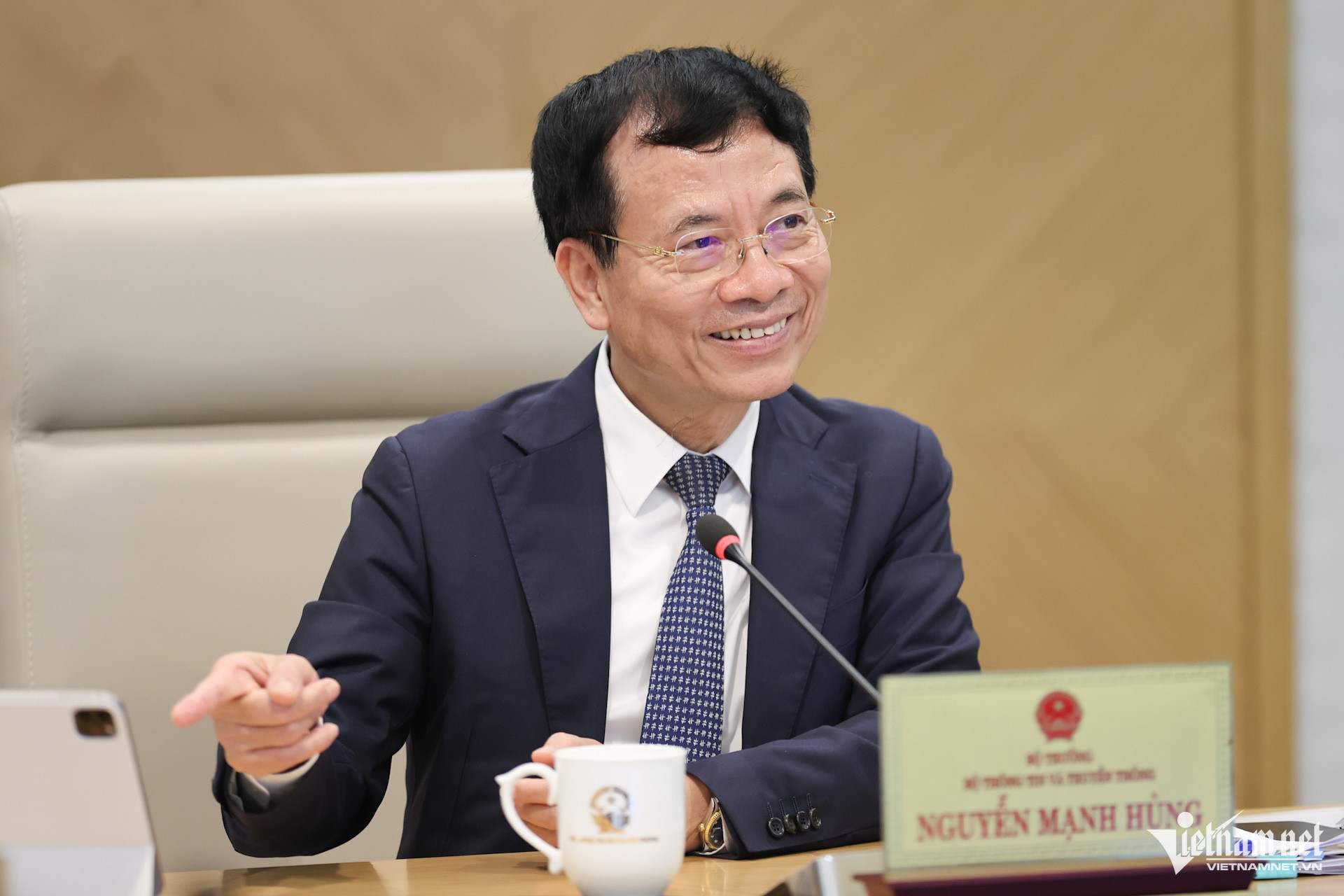
In the field of research and development (R&D), about 5 years ago, Finland changed from the "R&D" model to "RDI" (Research, Development and Innovation) to emphasize the importance of innovation in daily life. Adding the letter I (Innovation) is something that Vietnam can learn from.
The minister also mentioned the lessons from Nokia's collapse. Although it was considered a big shock, Nokia's collapse pushed Finland to not depend on a single company and encouraged the birth of many new startups.
Today, with a population of just 5.6 million, Finland has 12 tech unicorns, a testament to the lesson of finding opportunities to rise from failure.
In the telecommunications sector, Finland plans to launch Open RAN products running on the cloud in 2024 and could introduce 6G in 2028, two years earlier than expected. Finland plans to integrate AI into its 6G network, which is designed from the ground up with AI in mind.
They set the principle that the energy consumption of 6G stations is not higher than that of old stations, but the service capacity increases by 3-5 times. The Minister noted that these are important points that Vietnam needs to pay attention to and learn in 6G research.
In terms of innovative startups, establishing startups in Finland is not too costly in terms of material. Many people start their businesses with only a few tens of thousands of dollars in capital, then sell their businesses for millions of dollars, creating a widespread startup movement.
Aalto University here creates 70-100 startups every year, even allowing students to take time off to pursue their projects. The Innovation Hub in Finland not only provides workspace but also connects startups with investors, banks and large companies, helping them raise capital.
According to Minister Nguyen Manh Hung, the business trip to Finland brought many new stories and perspectives. Vietnam has its own values that other countries do not have and vice versa. By going out into the world and drawing valuable experiences, we can move the nation forward. Therefore, the Minister hopes that when officials go on business trips abroad, they should pay attention to learning, bringing back new knowledge to apply, contributing to promoting the development of the country.
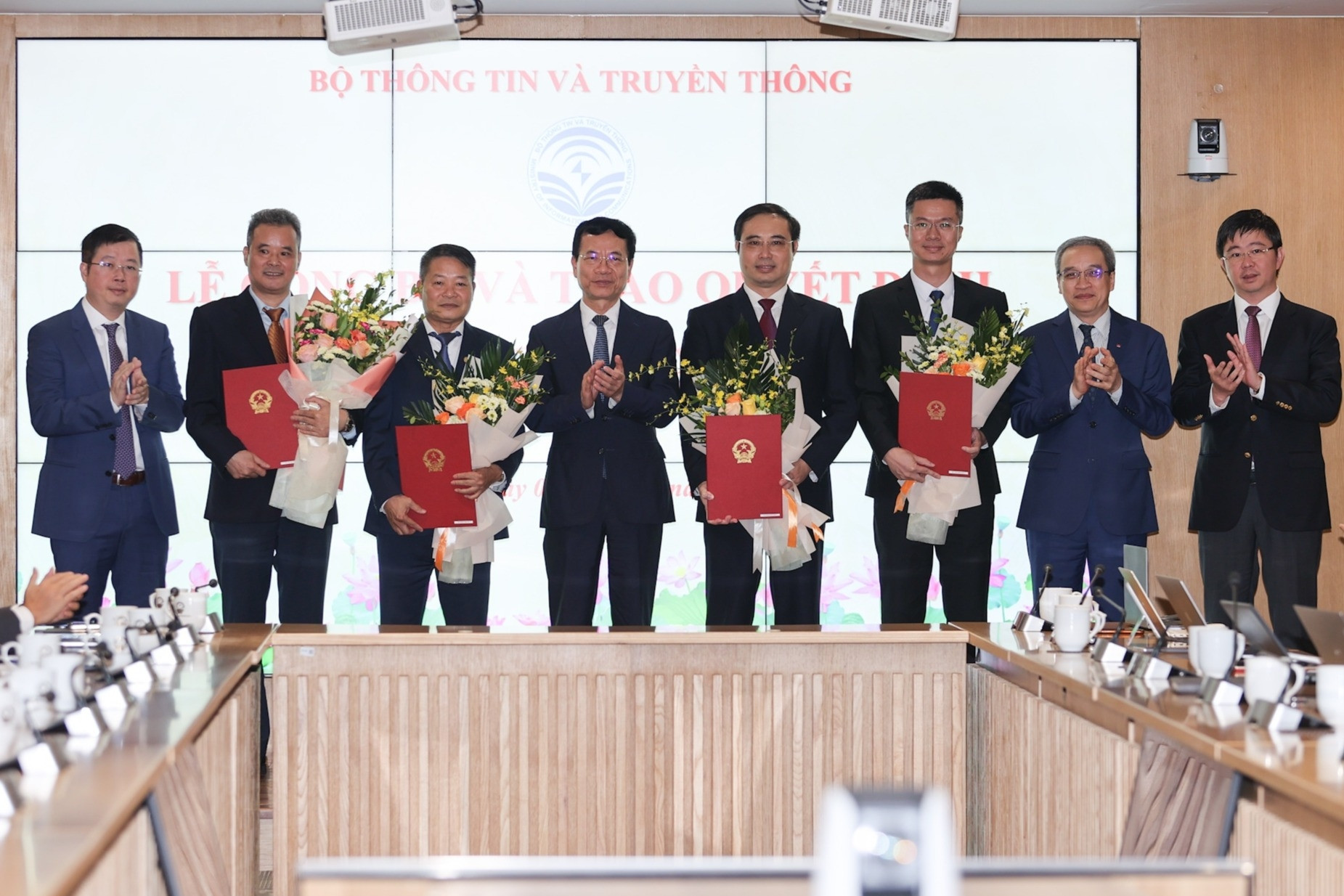
Source: https://vietnamnet.vn/xay-dung-tro-ly-ao-cong-chuc-kho-khan-vat-va-nhung-lam-roi-moi-vo-2328625.html



![[Photo] Attractive extracurricular lessons through interactive exhibition at Nhan Dan Newspaper](https://vstatic.vietnam.vn/vietnam/resource/IMAGE/2025/4/26/1f307025e1c64a6d8c75cdf07d0758ce)
![[Photo] Panorama of the rehearsal of the parade to celebrate the 50th anniversary of national reunification](https://vstatic.vietnam.vn/vietnam/resource/IMAGE/2025/4/26/afd7e872ef6646f288807d182ee7a3da)

![[Photo] April 30, 1975 - Steel imprint engraved in history](https://vstatic.vietnam.vn/vietnam/resource/IMAGE/2025/4/26/b5a0d7f4f8e04339923978dfe92c78ef)

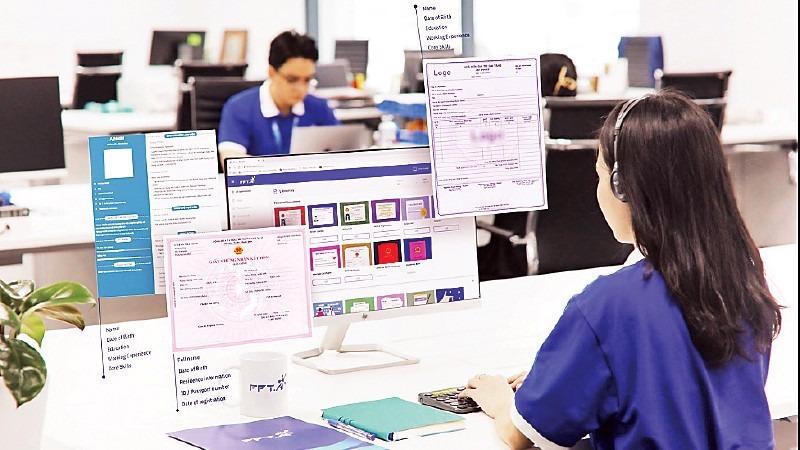





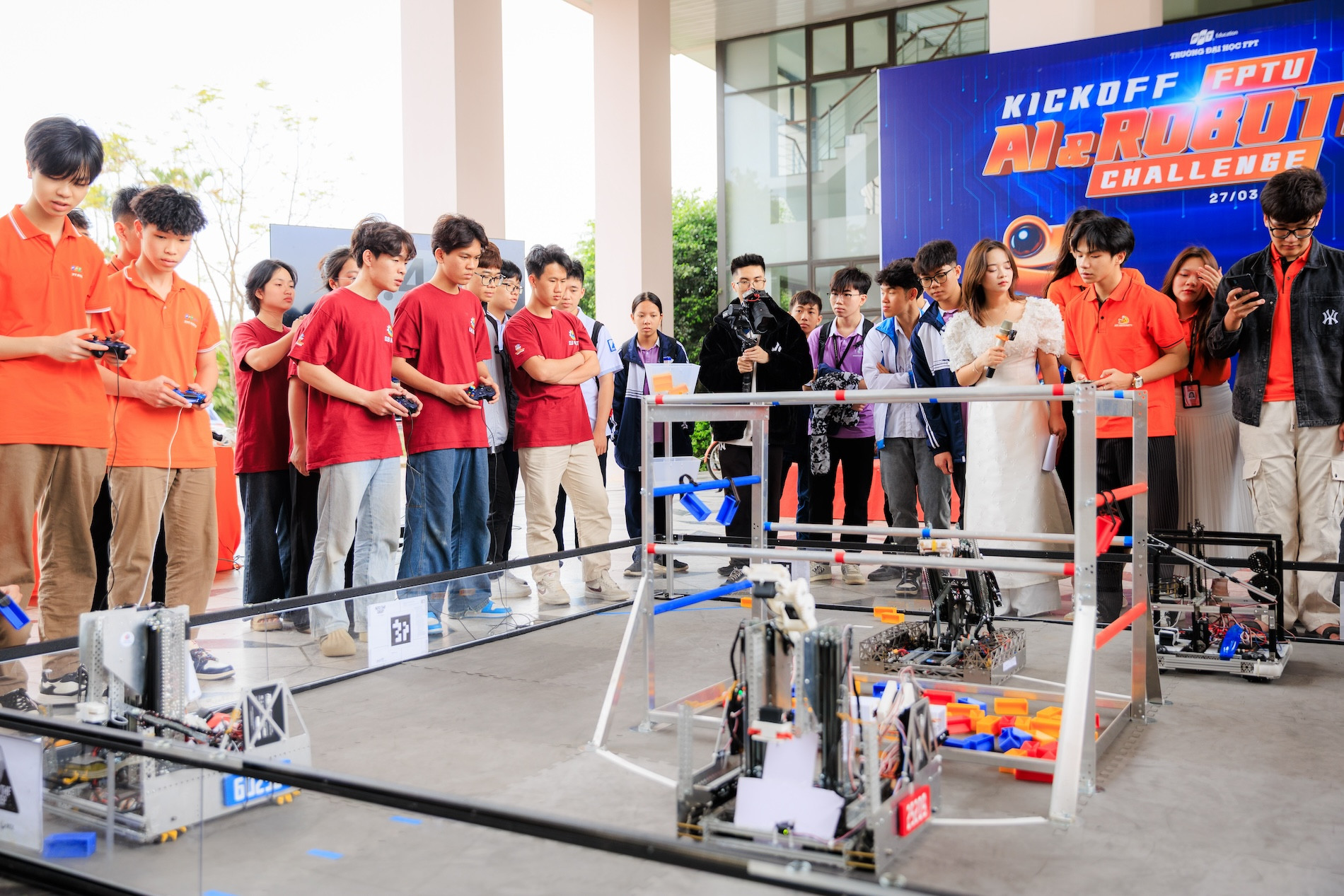
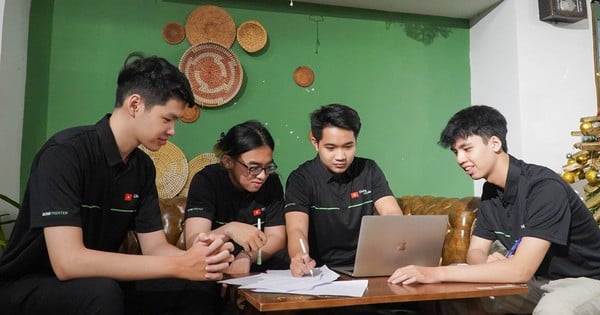

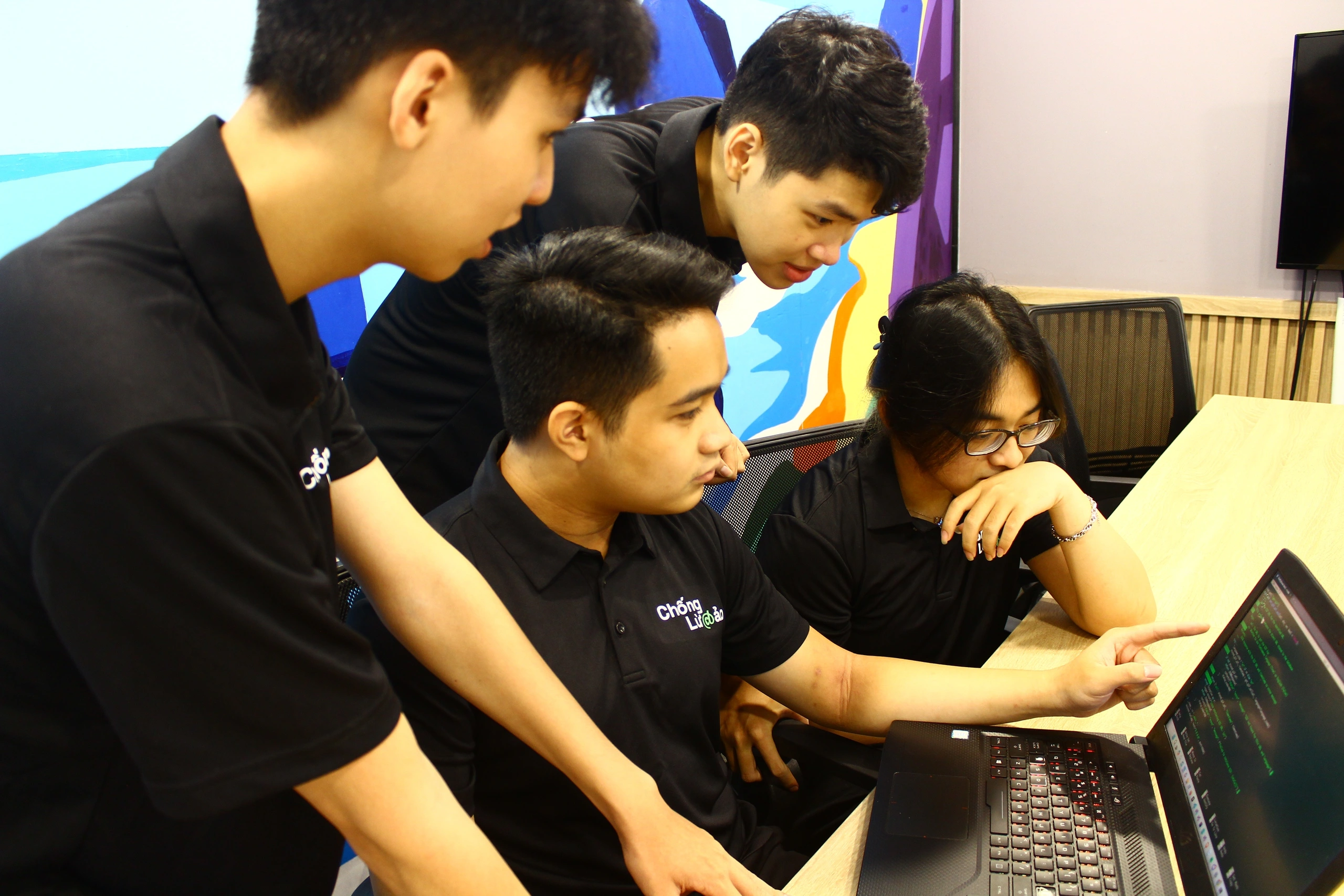



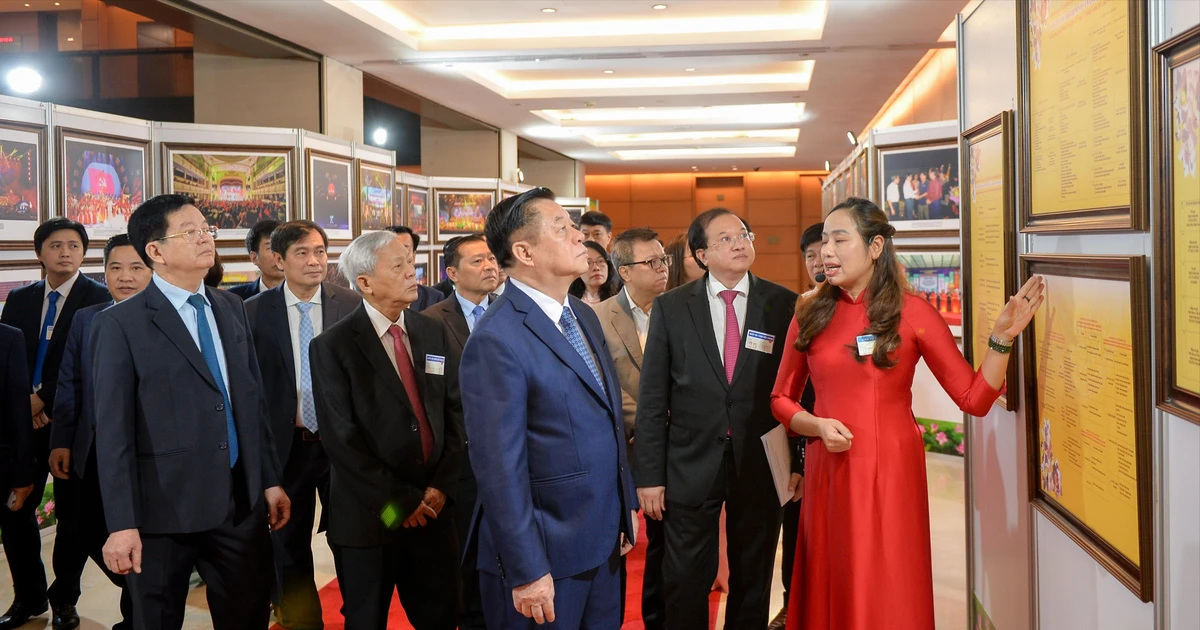
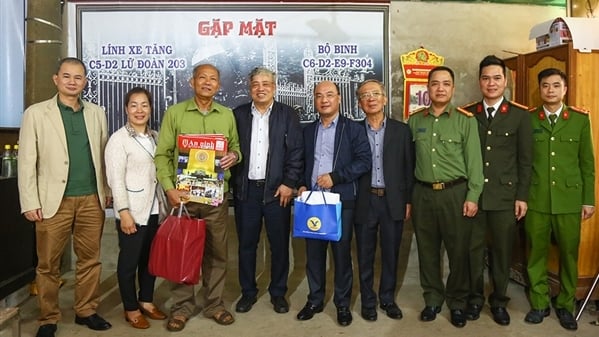
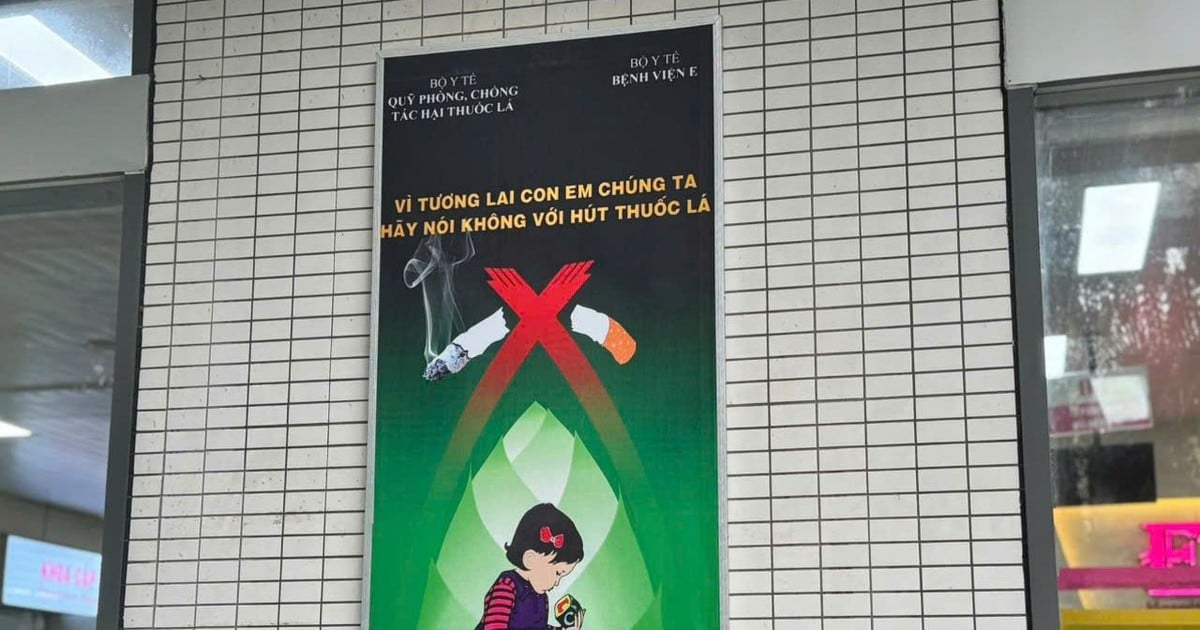

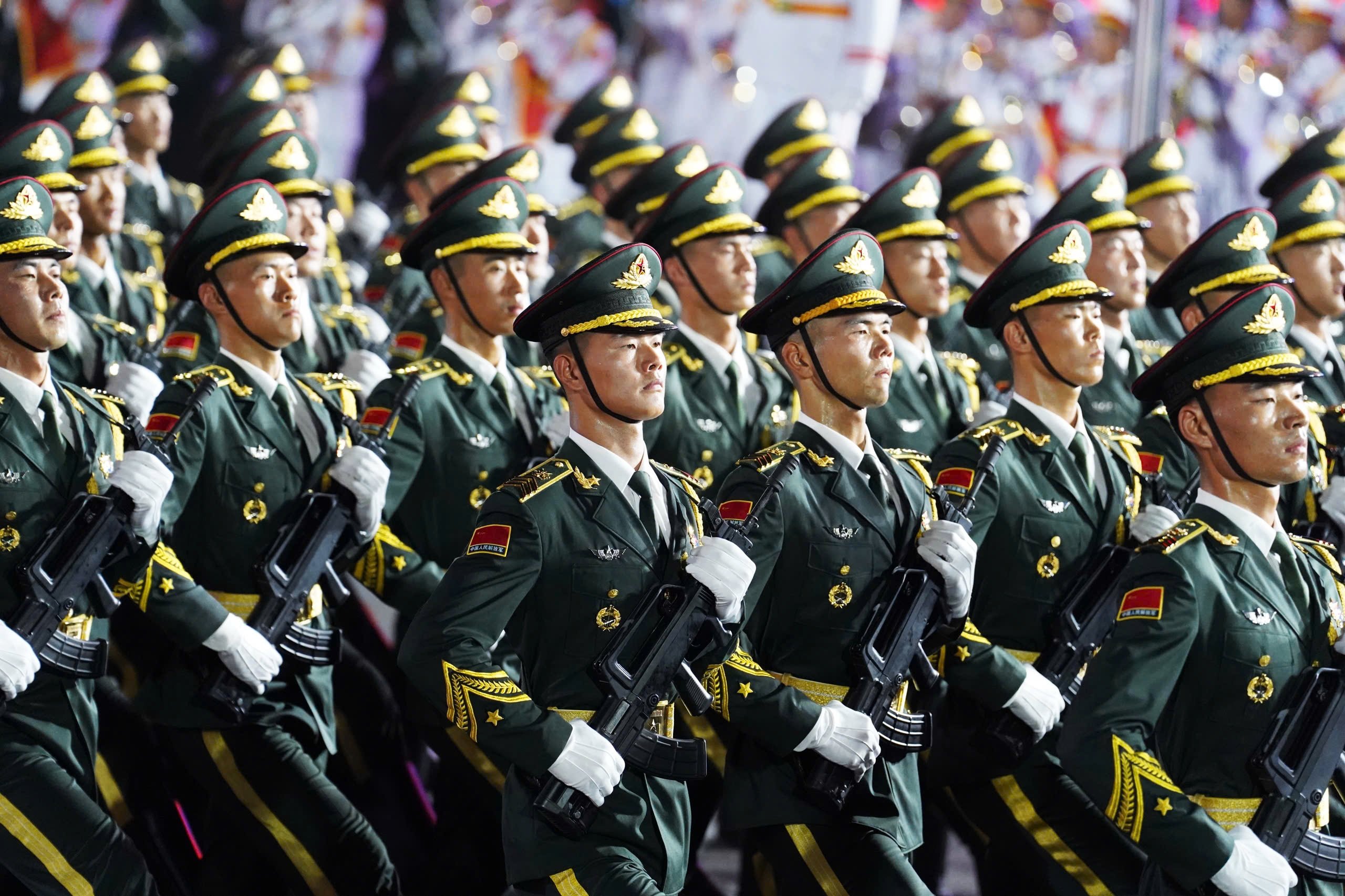




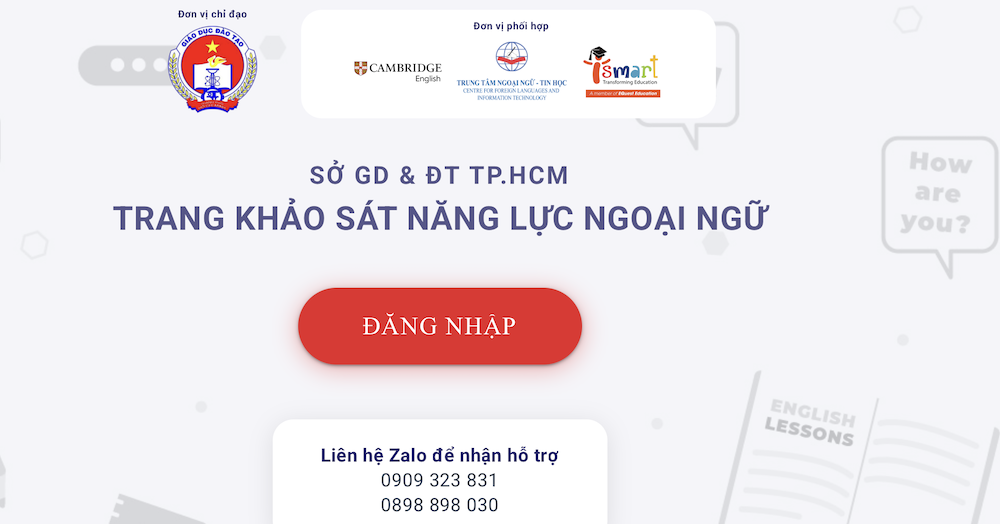
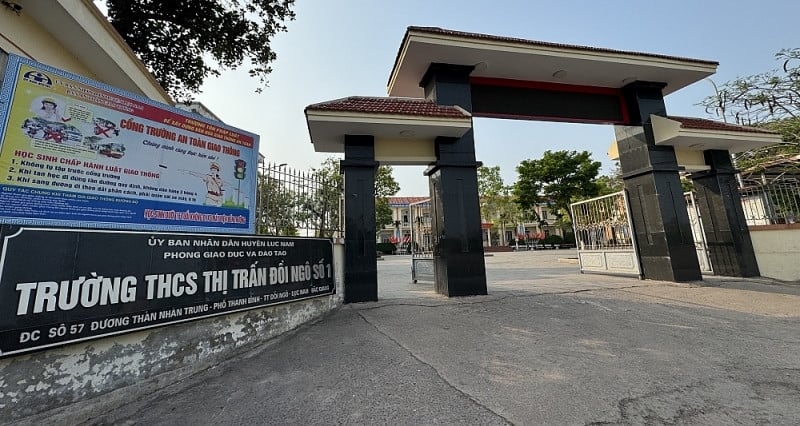
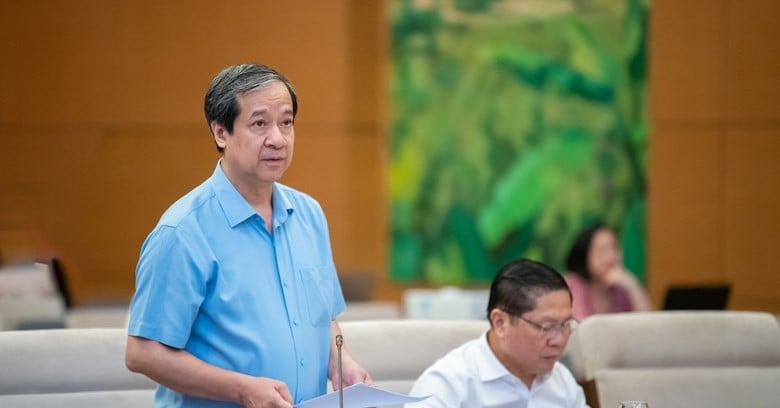
![[Photo] President Luong Cuong meets with Lao Prime Minister Sonexay Siphandone](https://vstatic.vietnam.vn/vietnam/resource/IMAGE/2025/4/25/3d70fe28a71c4031b03cd141cb1ed3b1)
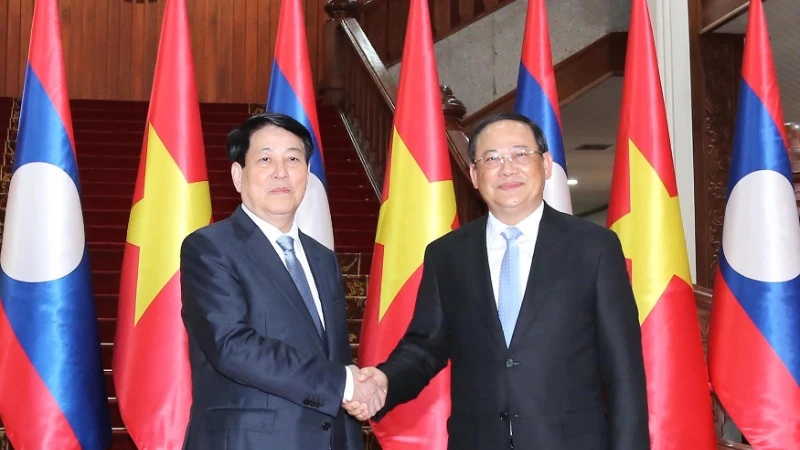










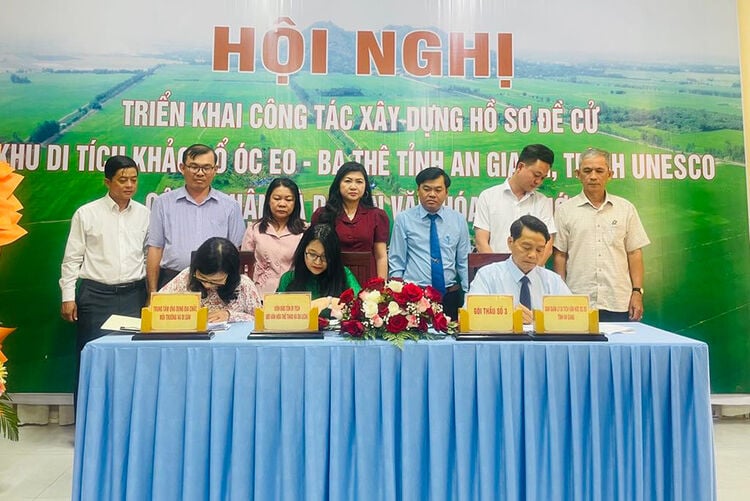

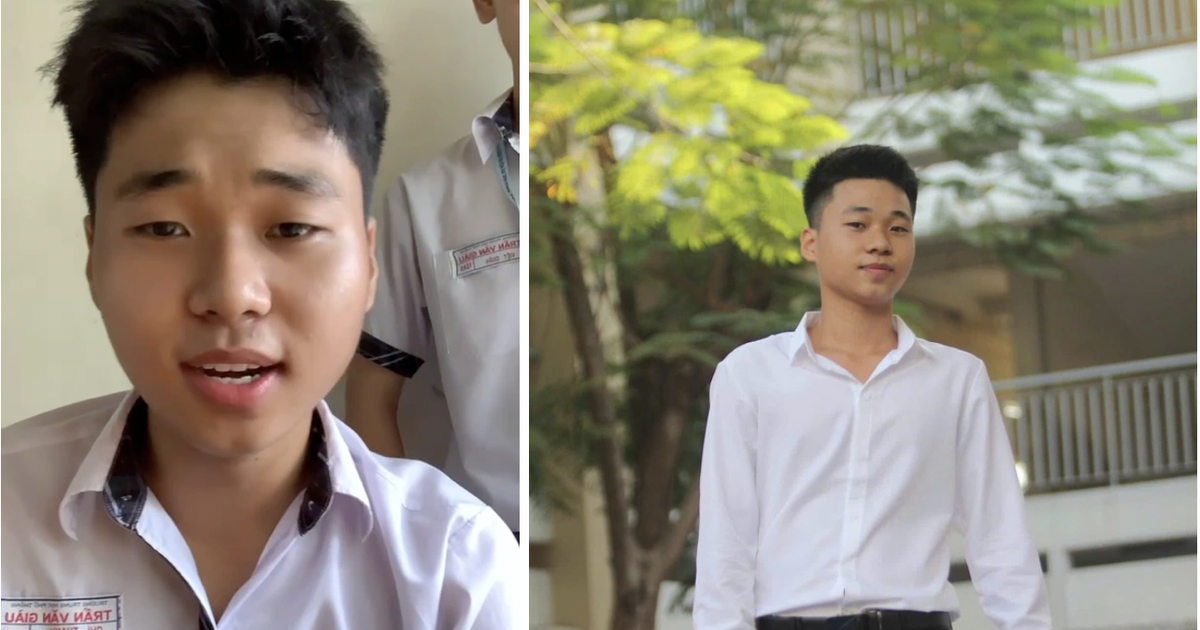
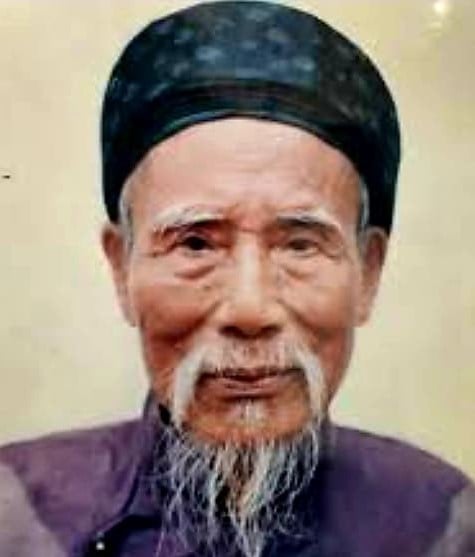

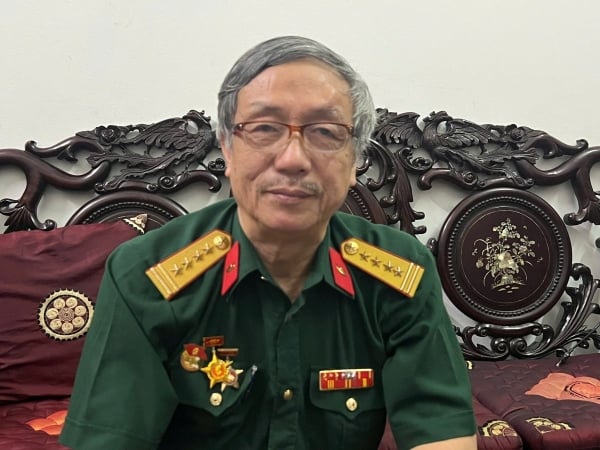




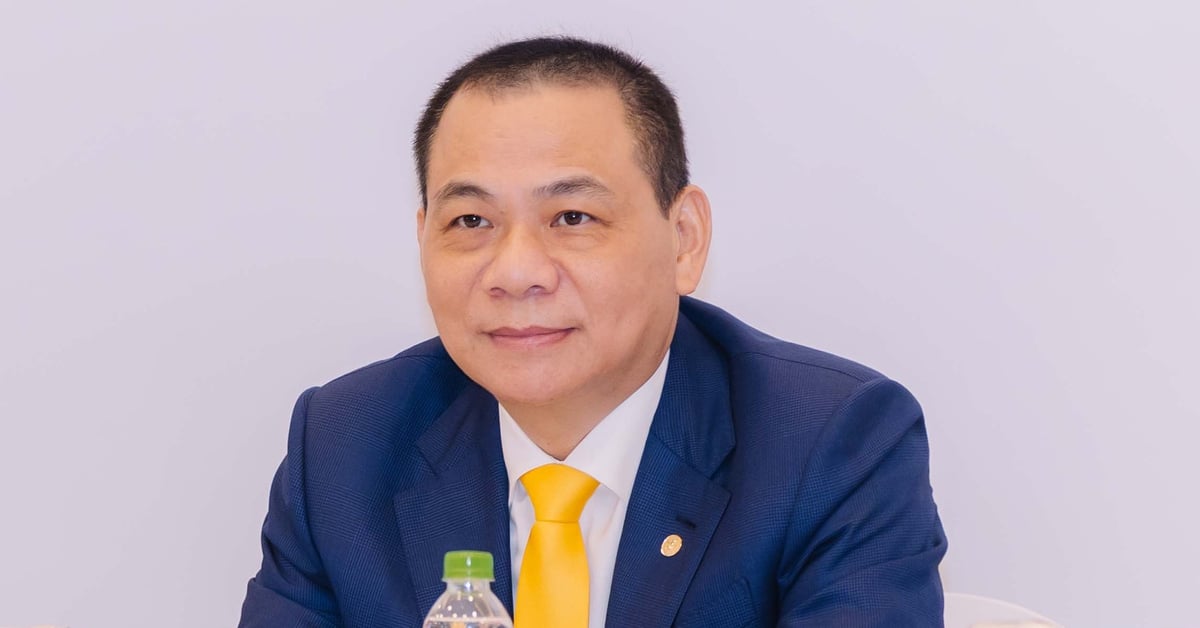


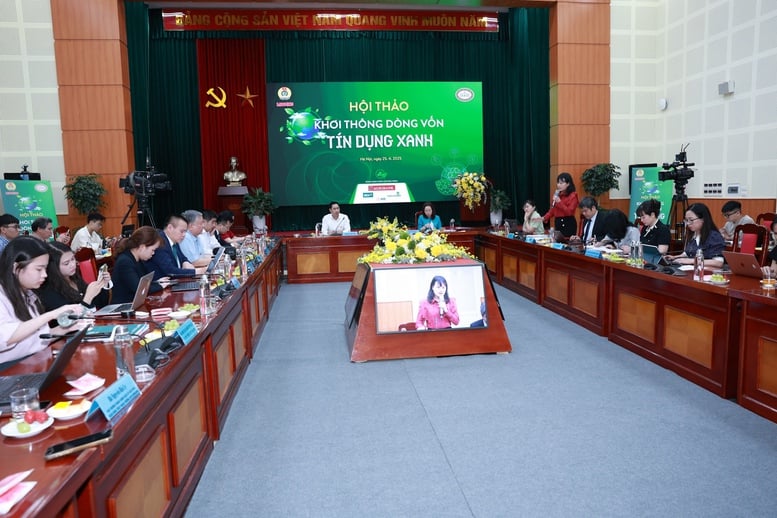
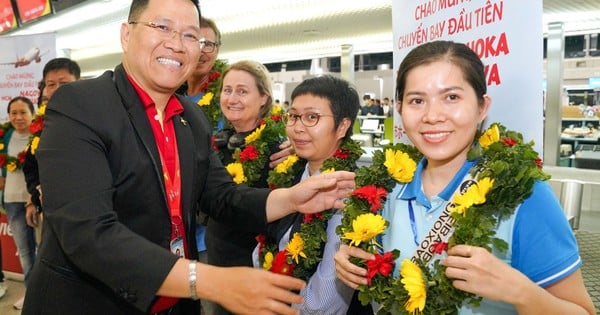

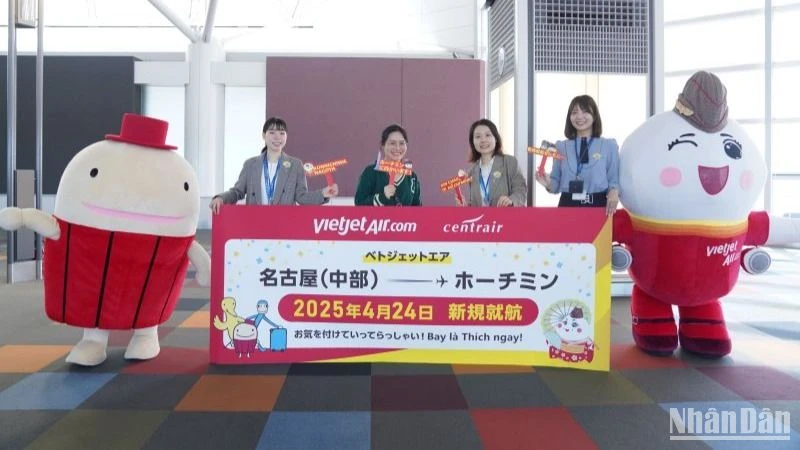
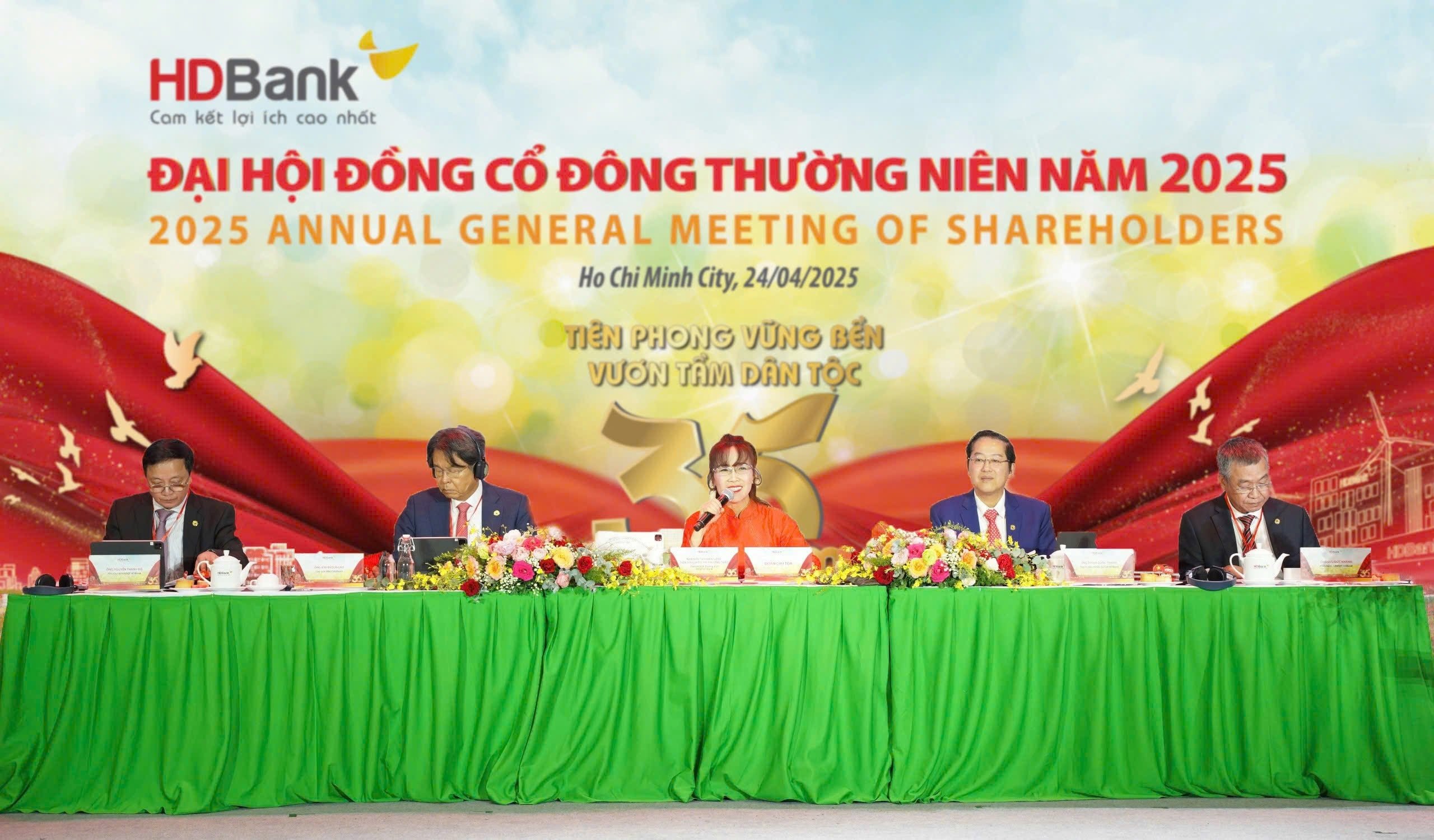

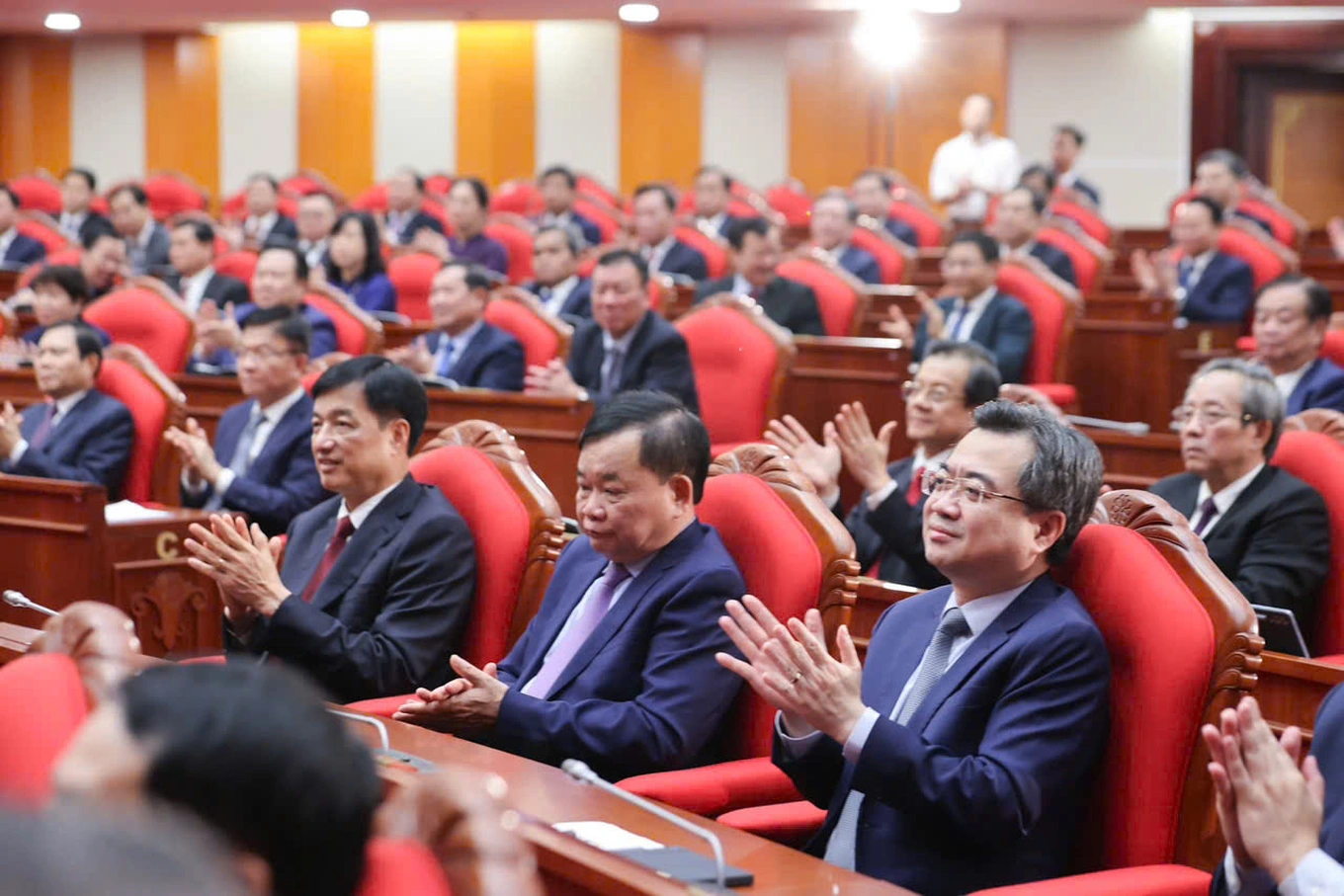

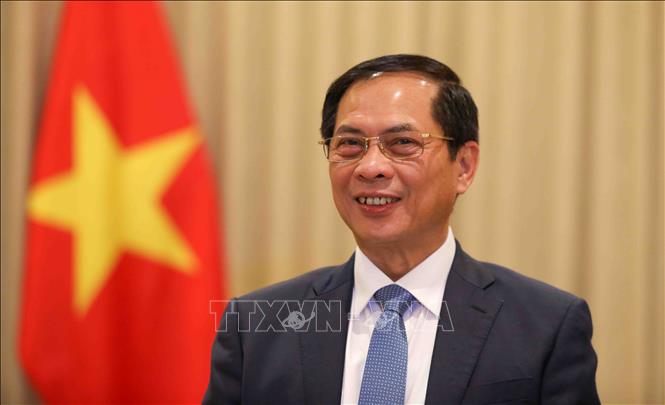




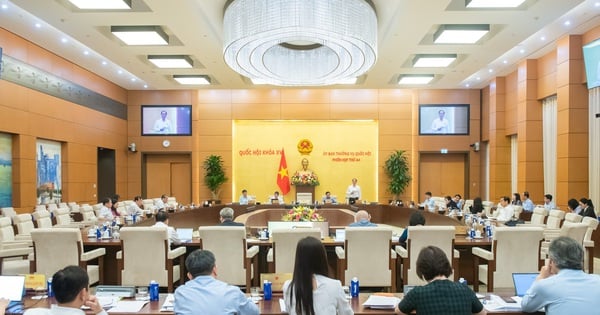
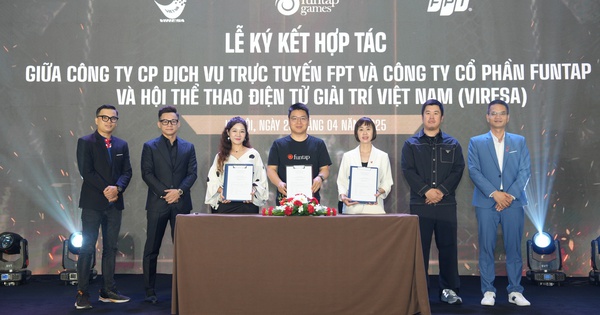





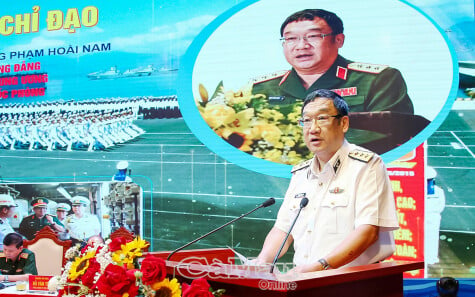


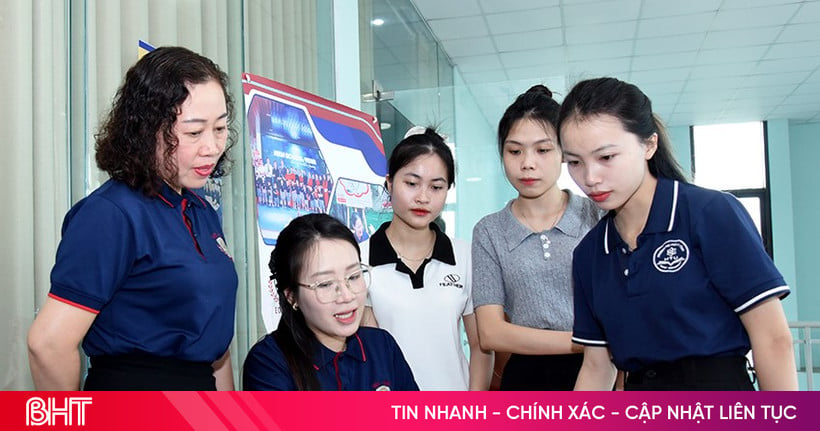





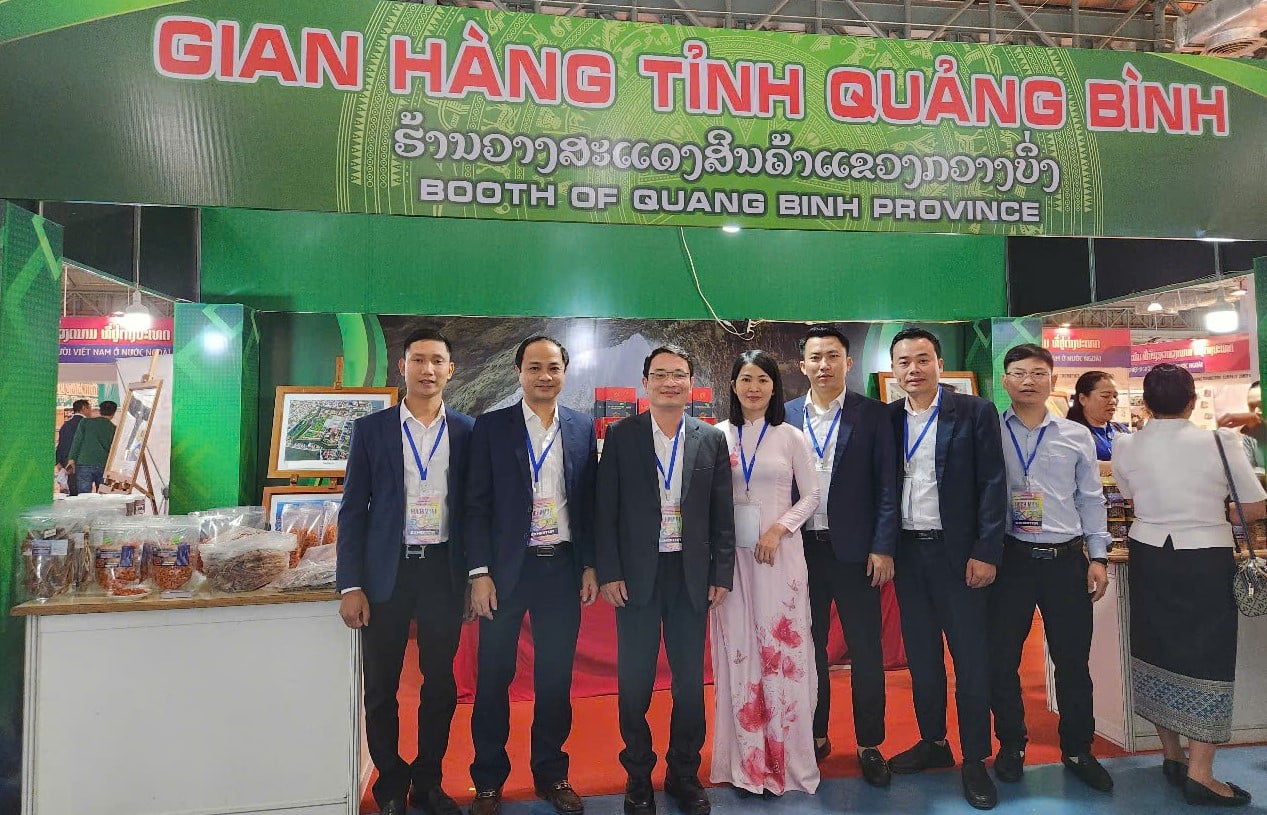

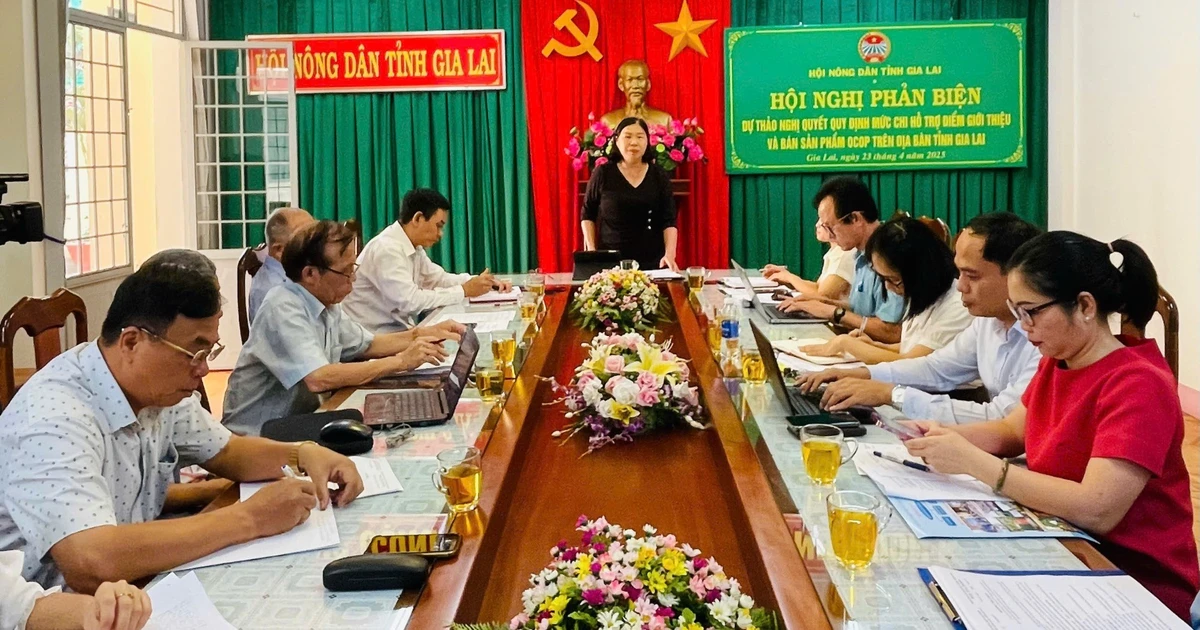

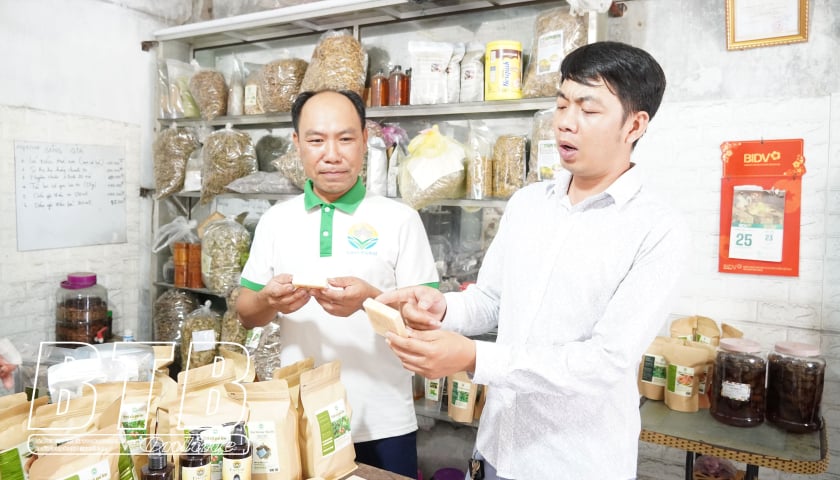



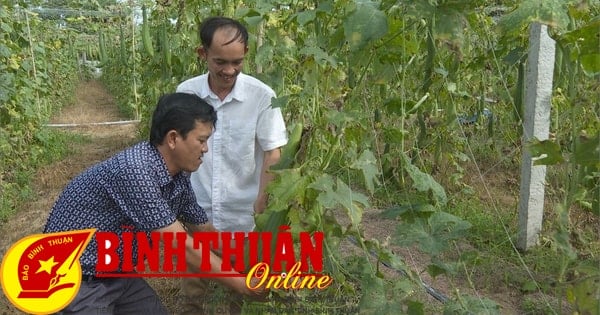


Comment (0)